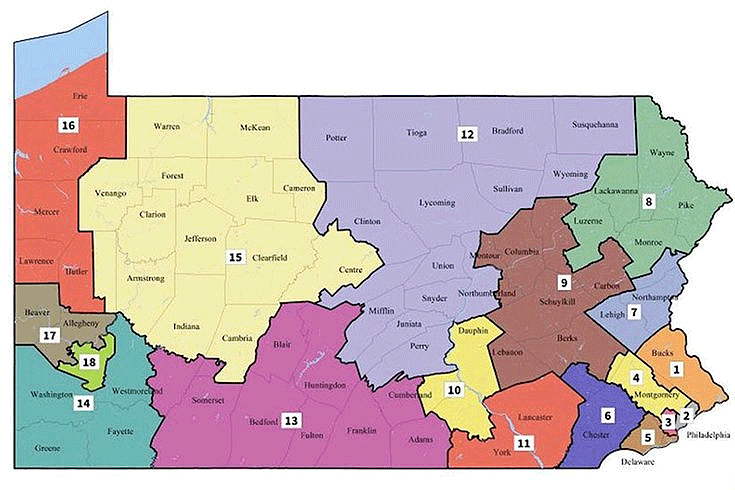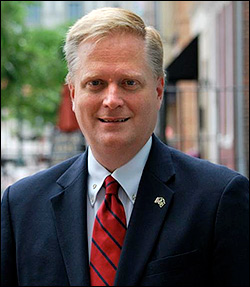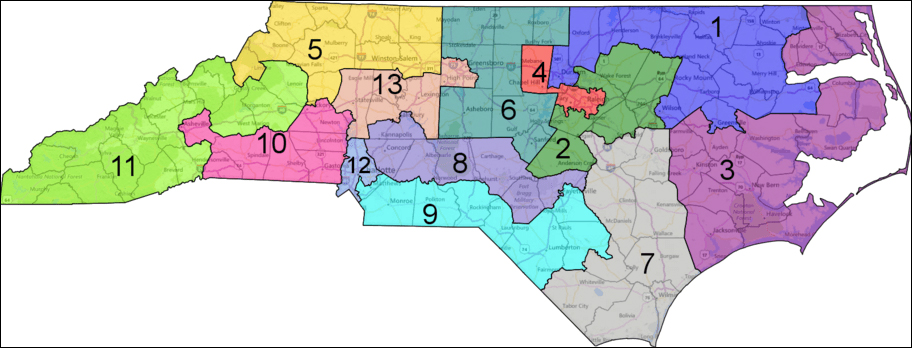By Jim Ellis

Former New York City Mayor Michael Bloomberg (D)
It was clearly expected that he would become a candidate. After all, he was talking about committing $500 million of his own money to the effort, he’d hired key campaign staff, designed a presidential campaign logo, and even organized an announcement tour beginning in his birthplace of Boston, Massachusetts.
Speculation continues to surround former Vice President Joe Biden’s decision regarding whether or not he may also ultimately decide to take a pass on the race; Bloomberg’s reasoning provides us a key clue that at least he thinks Biden will soon form a campaign.
So far, 11 Democrats have become candidates with two more filing exploratory committees. The pair remaining in pre-candidate status are Sen. Kirsten Gillibrand (D-NY) and Rep. Tulsi Gabbard (D-HI).
It is conceivable that one or both of the latter women could decide not to become candidates. Rep. Gabbard has run into organizational trouble, is being attacked for her foreign policy positions, and now has drawn serious primary opposition for her congressional seat. Just recently, state Sen. Kai Kahele (D-Hilo) has earned public endorsements from former governors and key Hawaii Democratic Party leaders.
While many in the media cast Sen. Gillibrand as a top-tier candidate, she has gone nowhere since her exploratory announcement, failing so far to even break one percent in any released poll.






